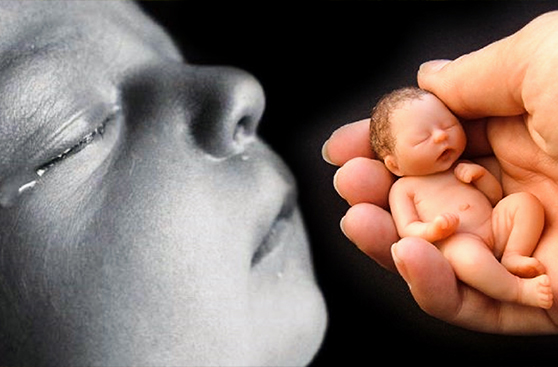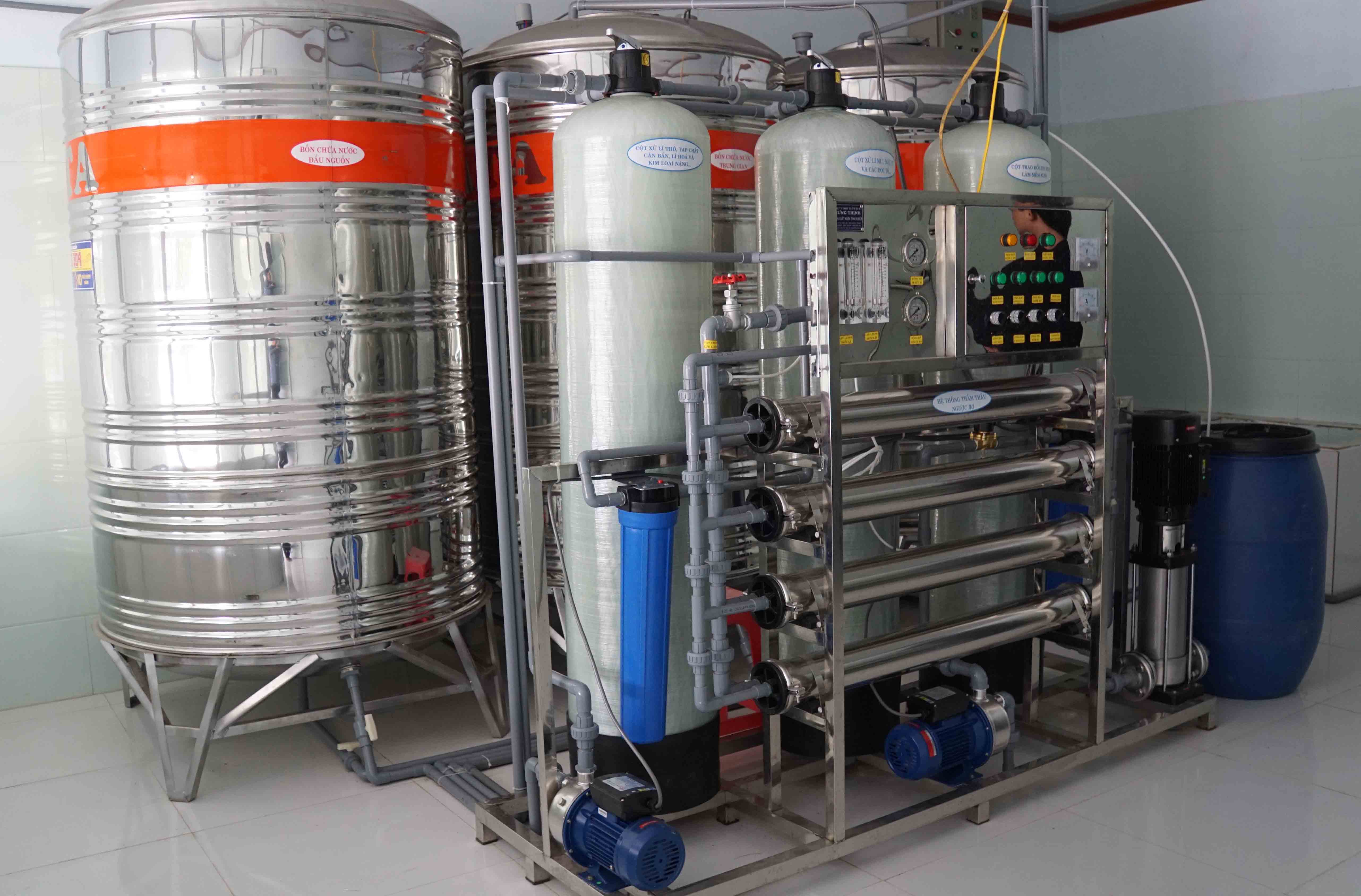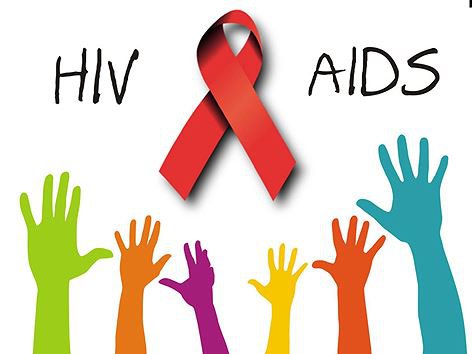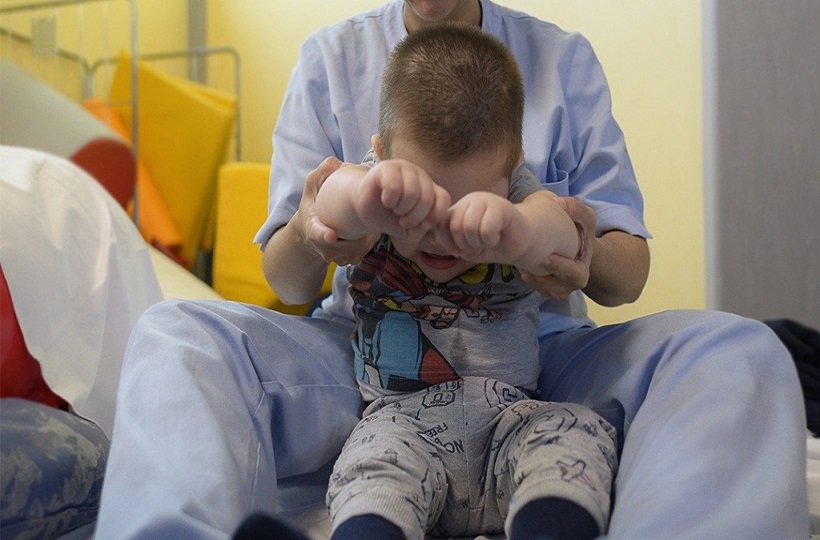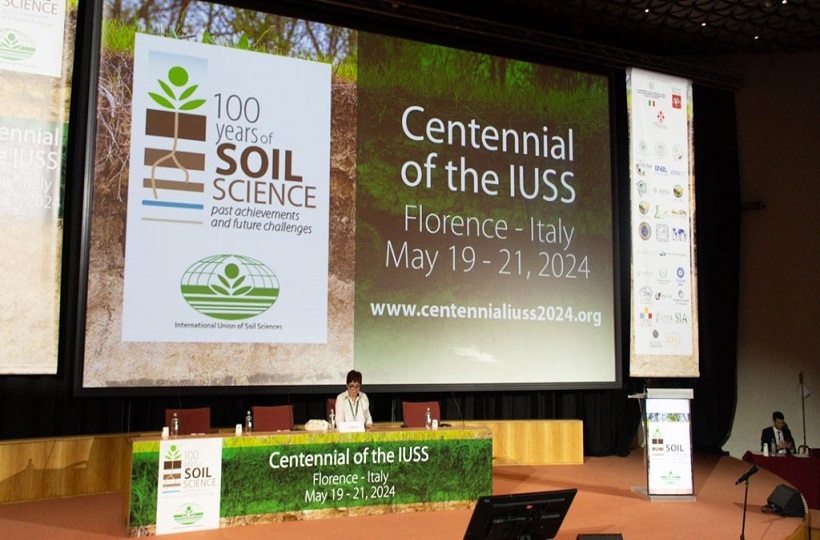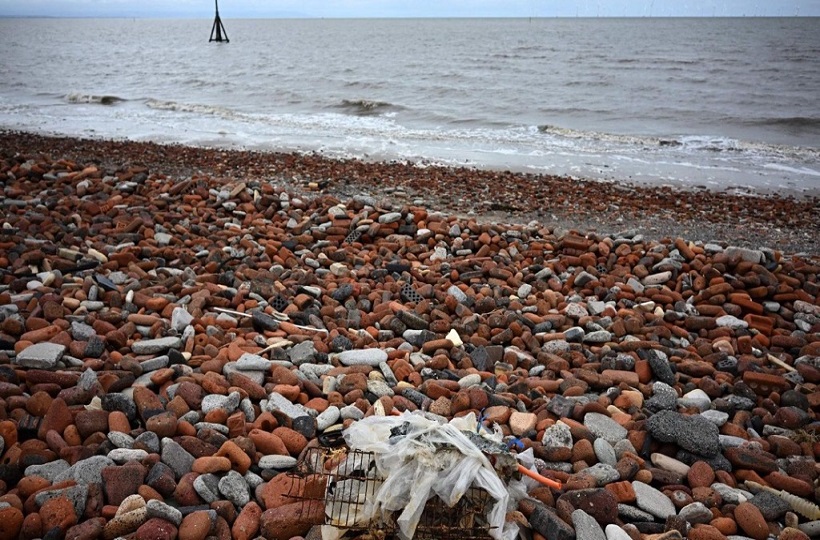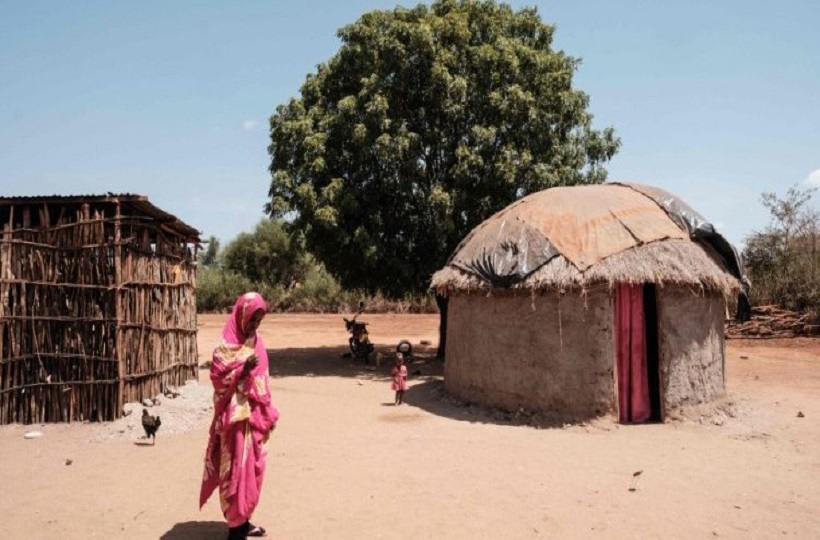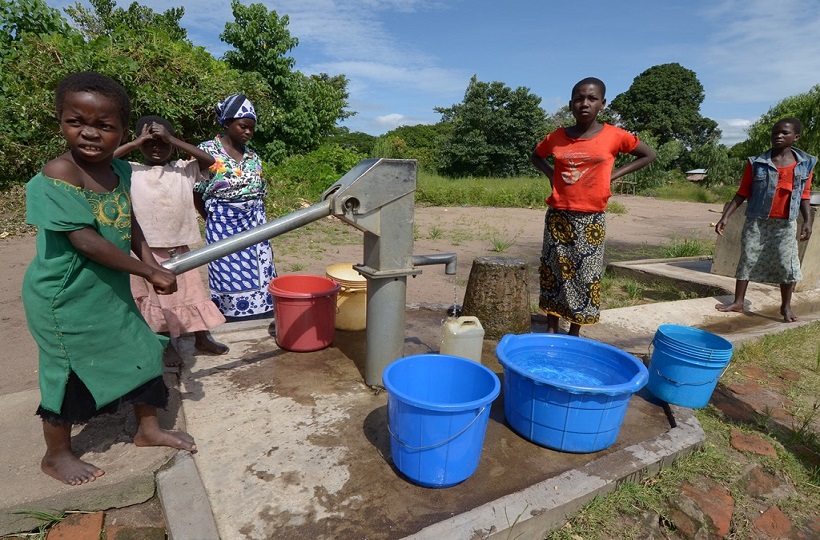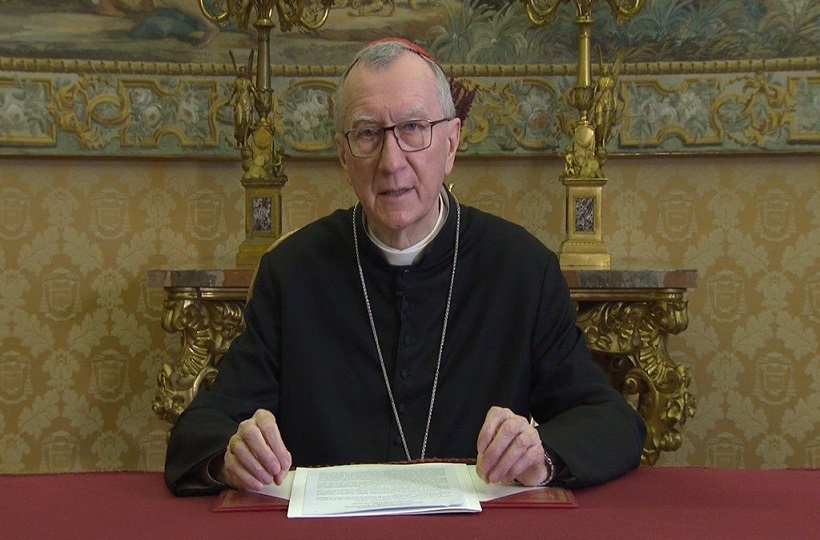Church News
Poverty will increase as world temperatures rise, says UN
Global warming will disproportionately affect vulnerable communities during next century
 |
| A diagram shows changes in average global surface temperatures and precipitation (Credit: IPCC AR5 Synthesis Report) |
The expected effects of increased climate change during the next century will disproportionately affect the poor and other vulnerable communities, according to a new report released Sunday by the United Nations’ Intergovernmental Panel on Climate Change.
In its fifth assessment report (the first published in 1990), the UN panel outlined what is known about climate change to date, including what has happened, what is anticipated to come if countries collectively fail to ratchet up mitigation and adaptation efforts, and who will face the brunt of a warming planet.
“Continued emission of greenhouse gases will cause further warming and long-lasting changes in all components of the climate system, increasing the likelihood of severe, pervasive and irreversible impacts for people and ecosystems,” said the report, which was compiled by thousands of scientists.
“People who are socially, economically, culturally, politically, institutionally or otherwise marginalized are especially vulnerable to climate change,” the report continued. The heightened vulnerability, it said, “is the product of intersecting social processes that result in inequalities in socioeconomic status and income,” such as discrimination based on gender, class, ethnicity, age and disability.
The emphasis on the impact of vulnerable groups is a common point for religious groups when talking about climate change. In September, the Vatican's secretary of state, Cardinal Pietro Parolin, told a UN assembly that climate change "is a very serious problem which ... has grave consequences for the most vulnerable sectors of society and, clearly, for future generations."
The List of Contributions Received by Caritas Vietnam
1. The list of 2024 contributions to the Caritas Vietnam general charity fund
2. The list of 2023 contributions to the Caritas Vietnam general charity fund
Latest project information
Copyright © 2018 by COMMISSION on CHARITY and SOCIAL ACTIONS - CARITAS VIETNAM
Total visits: 27,065,331


